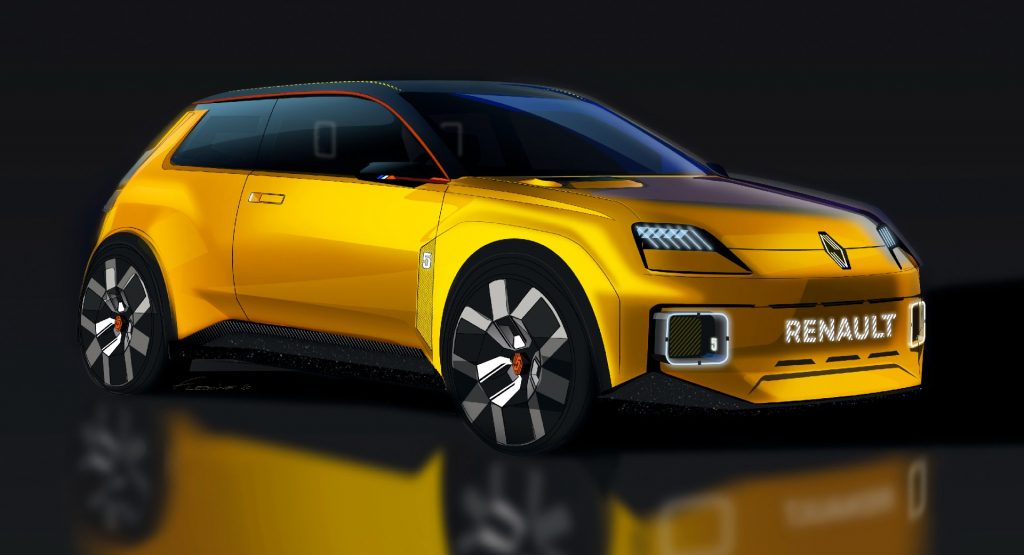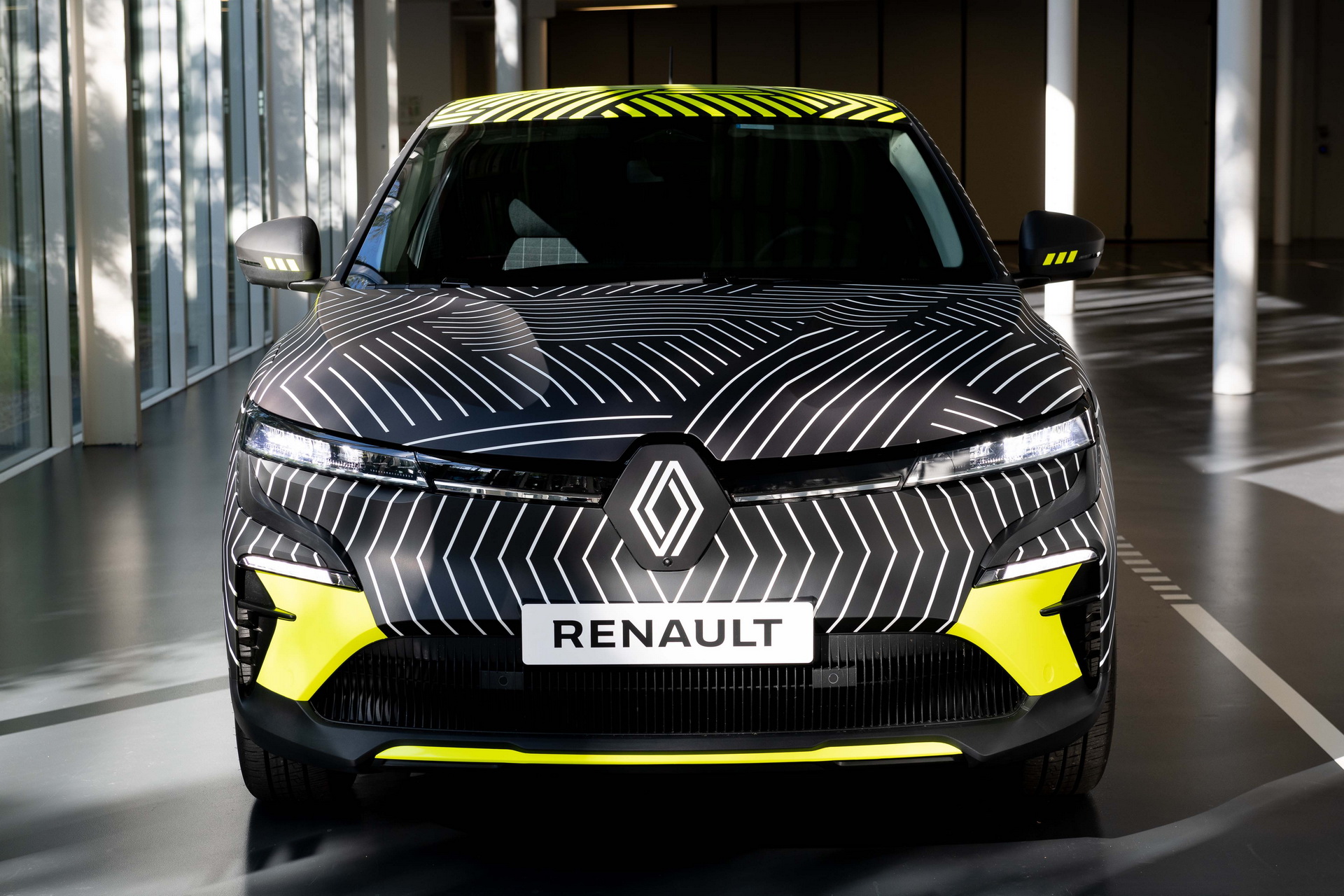Renault Group announced its collaboration with Chinese company Envision AESC and French start-up Verkor to build batteries for its future electric vehicle range. The report comes three days after Renault’s partnership with Franco-Italian electronics company STMicroeletronics for the development of microchips for electric and hybrid models.
Autonews Europe reports that Envision AESC will invest up to €2 billion ($2.4 billion) for its new battery plant in Douai, France, creating 2,500 jobs by 2030. The factory will start with a capacity of 9 kWh, enough to produce batteries for the Renault 5 and other small electric models, increasing to 24 gWh by 2030.
Lei Zhang, CEO of Envision AESC, told Bloomberg that he is also in talks with other automakers for battery deals and that he has high expectations for future growth. This would allow the Chinese company to realize the French plant’s 43 gWh full potential by the end of the decade (according to the building permit).
For those who haven’t been following the company, AESC (Automotive Energy Supply Corporation) was established in 2007 as a joint venture between Nissan, NEC, and Tokin Corporation, becoming the world’s second-largest battery manufacturer for electric vehicles behind Panasonic in 2014. Since 2018, Nissan has sold AESC in Envision Group retaining a 25% stake so it is no coincidence that Renault Group made this deal.
Read Also: Renault And STMicroeletronics Partner On Microchips For EVs And Hybrids
As for Verkor, the French start-up will help in developing and manufacturing high-performance batteries for larger and more premium models including Alpine’s upcoming fully electric range. In return, Renault will buy a 20% stake. Verkor is planning to build a factory in 2023 with 10 gWh of its 16 gWh initial output reserved for Renault. By 2030, Verkor’s plant will have reached 50 gWh capacity, with 20 gWh for Renault.
Renault said in a statement that the partnerships “will create nearly 4,500 direct jobs in France by 2030, while developing a robust battery manufacturing ecosystem in the heart of Europe”. The French company plans on a total annual production of 400,000 electric cars in its Douai, Maubeuge, and Ruitz factories combined. The French state – Renault’s major shareholder – will contribute with an aid of around €200 million to the deal.
Setting aside the collaboration with two new suppliers, LG Energy Solution will keep supplying batteries for the current generation Renault Zoe and the upcoming Renault Megane E-Tech electric crossover.
Renault Group is not the only automaker with a solid plan for the future of battery supplies in the wake of the electric era. Volkswagen, Porsche, and Volvo will produce their own batteries, while Stellantis has signed a deal Total for the Automotive Cell Company – a joint venture that Renault is also interested in taking a part in.






